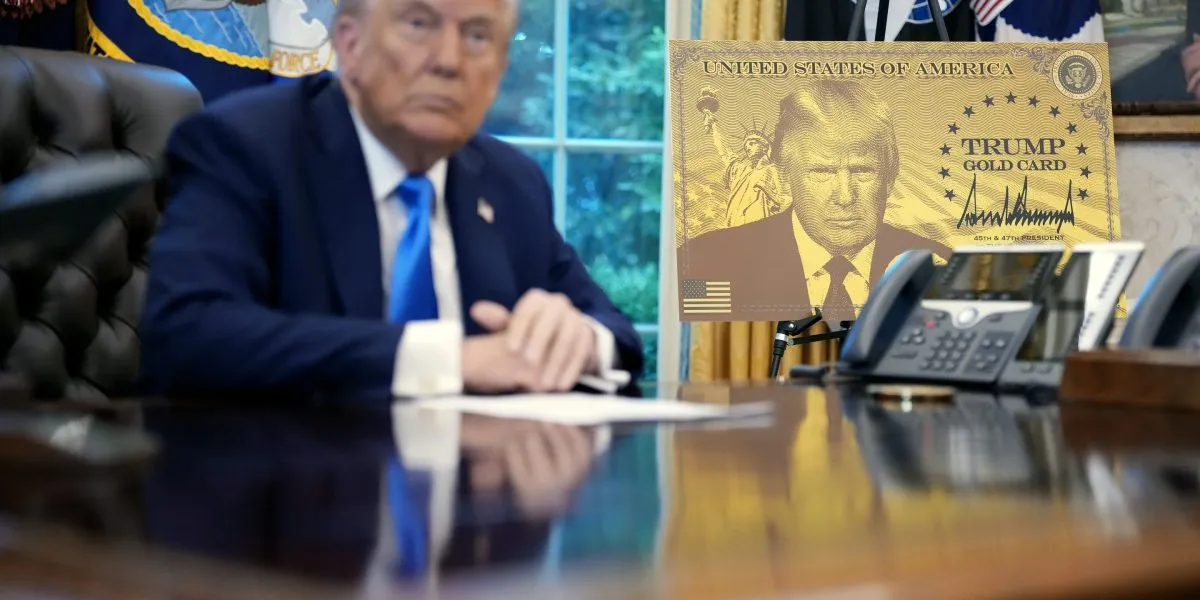
On Saturday, press secretary Karoline Leavitt addressed the recent changes to the H-1B visa policy via X, clarifying crucial details regarding the newly implemented fee structure. She emphasized, “This is NOT an annual fee. It’s a one-time fee that applies only to the petition.” This statement was aimed at alleviating concerns among potential applicants and current holders of the H-1B visa.
Leavitt further clarified that existing H-1B visa holders currently outside the United States will not face the substantial $100,000 fee to return. They can continue their usual travel routines without the financial burden, ensuring stability for those who have been working in the U.S. under this visa category. Additionally, it was noted that the new fees will only apply to new visa applications and not to renewals for current holders. This new policy is set to take effect in the next visa lottery cycle.
On Friday, former President Donald Trump signed a proclamation that introduces a significant $100,000 fee for new H-1B visas. Alongside this, he announced a controversial $1 million “gold card” visa designed to facilitate a pathway for affluent investors seeking U.S. citizenship. This dual approach aims to reshape the landscape of work visas while incentivizing wealthy individuals to invest in the American economy.
Initially, there was confusion regarding the nature of the fee. Commerce Secretary Howard Lutnick suggested that the $100,000 fee would be an annual requirement, prompting questions about its sustainability for businesses. When discussing the implications for existing H-1B visa holders, Lutnick posed a provocative question to employers: “Is the person valuable enough to have a $100,000 a year payment to the government? Or should they head home and hire an American?” This comment raised alarm among U.S. tech giants that heavily rely on H-1B visa holders.
In light of the new policy, major tech companies such as Microsoft, Alphabet, and Amazon quickly alerted their employees holding H-1B visas to reconsider any planned international travel. They advised affected employees to prioritize their return to the U.S. and cancel any travel plans to avoid potential complications. A message from Microsoft, reported by Bloomberg, indicated, “While we don’t have all the answers right now, we ask that you prioritize the recommendations above.”
Furthermore, top financial institutions like JPMorgan and Goldman Sachs echoed similar concerns, emphasizing the need for H-1B employees to stay informed about their travel options. This widespread communication highlights the significant impact of the new visa fee on the workforce and the operations of companies that depend on foreign talent.
The issue of H-1B visas has long been a contentious topic within Trump's administration. Prior to his fallout with the president, Elon Musk had publicly advocated for the importation of more highly skilled workers, a sentiment echoed by entrepreneur Vivek Ramaswamy. However, MAGA hardliners within the party have consistently pushed for policies favoring the hiring of American workers over foreign visa holders.
In a recent exchange related to the H-1B visa situation, Musk responded sharply to criticism, reiterating his stance on the necessity of skilled immigration. This ongoing debate reflects the broader tensions within the political framework surrounding immigration and labor in the United States.